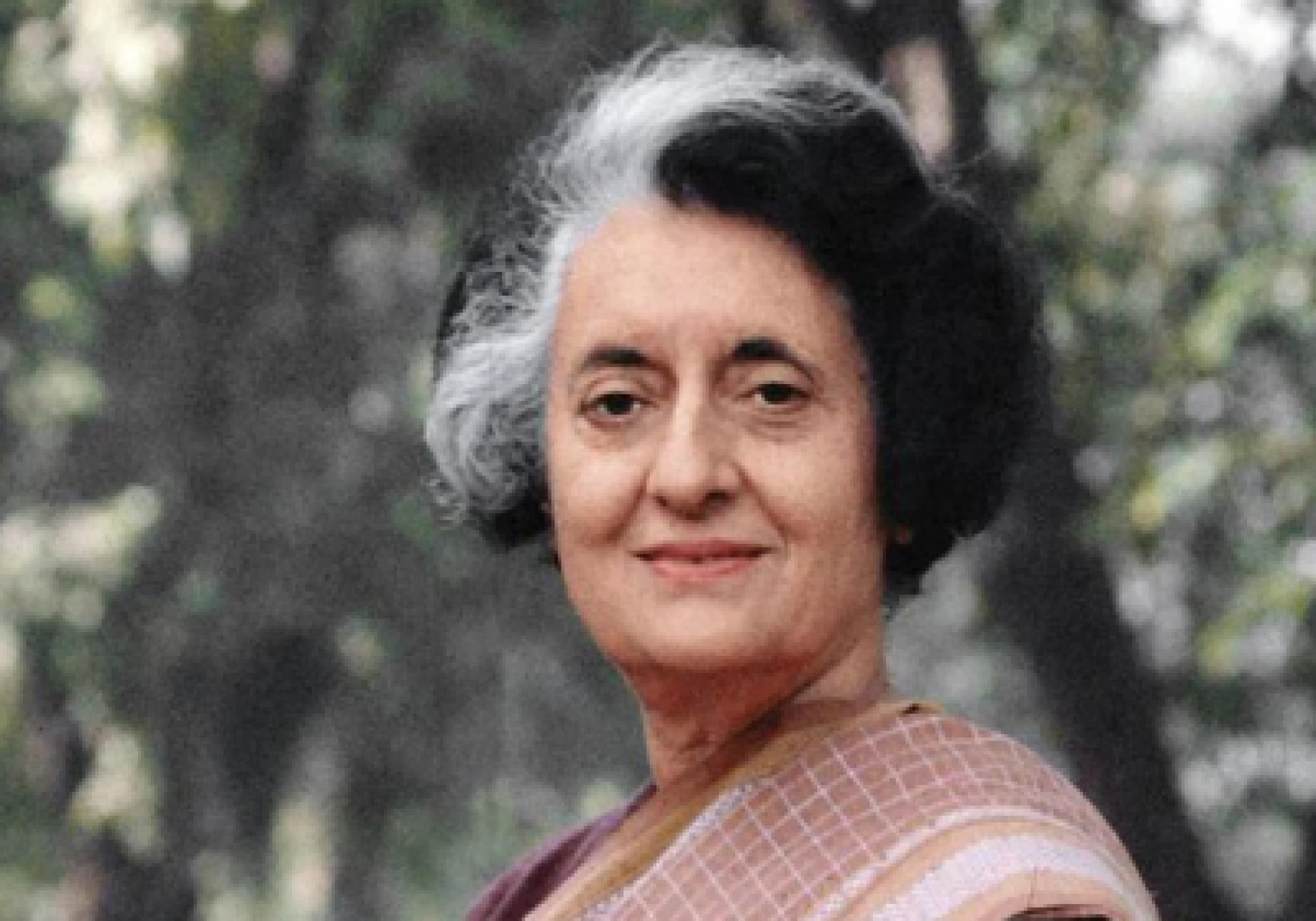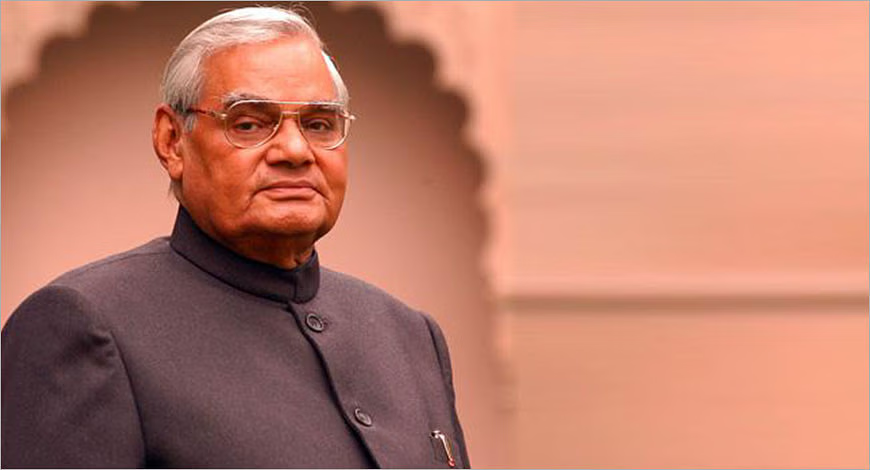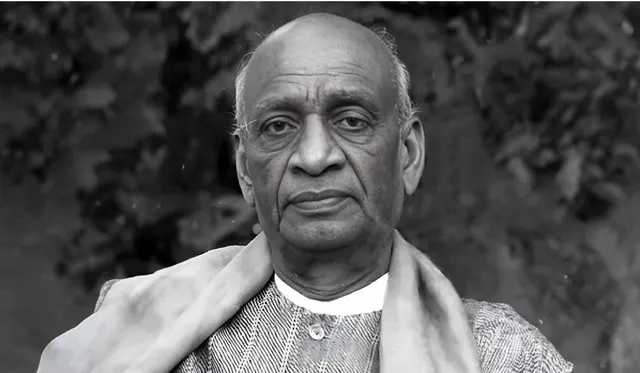Lalu Prasad Yadav Biography: Life, Political Journey, Achievements, and Legacy
Introduction
Lalu Prasad Yadav, one of the most colorful and charismatic figures in Indian politics, is the former Chief Minister of Bihar and the founder of Rashtriya Janata Dal (RJD). Known for his wit, rustic humor, and mass connect, Lalu played a pivotal role in shaping Bihar’s political landscape in the 1990s. Despite controversies and corruption charges, he remains a key Dalit and backward caste leader, admired by millions. The Lalu Prasad Yadav Biography tells the story of a leader who rose from poverty to become one of India’s most influential political figures.
Personal Information
- Full Name: Lalu Prasad Yadav
- Date of Birth: 11 June 1948
- Birthplace: Phulwaria, Bihar, India
- Nationality: Indian
- Zodiac Sign: Gemini
Physical Appearance
- Height: 5 feet 6 inches (167 cm)
- Weight: Approx. 80 kg
- Hair Color: Grey/White
- Eye Color: Black
- Build: Average/Heavyset
Early Life and Childhood
Lalu Prasad Yadav was born into a Yadav family of farmers in a small village of Phulwaria, Bihar. Growing up in a poor household, he experienced the struggles of rural Bihar firsthand.
His modest beginnings and strong sense of social justice influenced his later political career, where he emerged as a voice for the backward castes and marginalized communities.
Education
- Completed B.A. in Political Science from Patna University.
- Later pursued LLB (Law) degree from Patna Law College.
During his student life, Lalu was heavily involved in student politics and became the President of Patna University Students’ Union in 1973.
Entry into Politics
Lalu’s political journey began under the influence of Jayaprakash Narayan’s Total Revolution Movement in the 1970s. He joined the Janata Party and later aligned with socialist leaders like Karpoori Thakur.
In 1977, at just 29 years old, he was elected to the Lok Sabha, becoming one of the youngest MPs at the time.
Chief Minister of Bihar
Lalu Prasad Yadav became the Chief Minister of Bihar in 1990, representing the backward castes and Dalits.
Tenure Highlights
- Gave political power to marginalized communities.
- Advocated for social justice and secularism.
- Became famous for his unique style of communication that connected directly with rural voters.
However, his tenure was marred by corruption scandals, mismanagement, and poor governance, leading to the term “Jungle Raj” being associated with his rule.
Rashtriya Janata Dal (RJD)
In 1997, after splitting from Janata Dal, Lalu founded the Rashtriya Janata Dal (RJD). Under his leadership, RJD became a dominant force in Bihar politics for decades.
Union Railway Minister (2004–2009)
As Union Minister of Railways in the UPA government, Lalu surprised critics by turning the Indian Railways into a profit-making entity. His policies and management style were even studied at Harvard Business School and IIM Ahmedabad.
Major Achievements
- Empowered backward castes, Dalits, and minorities politically.
- Brought social justice issues to the forefront of Indian politics.
- Revived the Indian Railways financially during his tenure.
- Known as a master orator and mass leader.
Controversies and Challenges
- Convicted in the Fodder Scam (1990s) and sentenced to prison.
- Accused of creating “Jungle Raj” in Bihar with lawlessness and poor governance.
- Faced multiple corruption charges that diminished his political credibility.
Personality and Leadership Style
Lalu is known for his humor, wit, and rustic charm. His ability to connect with rural voters in their own language gave him a cult-like following. He remains a symbol of backward caste empowerment, despite controversies.
Legacy and Impact
The Lalu Prasad Yadav Biography reflects the rise of a leader who gave voice to the oppressed while also being remembered for corruption scandals. His legacy is a mix of social justice, political charisma, and governance failures.
He remains a major figure in Indian politics, and his family continues his political legacy through the RJD.





